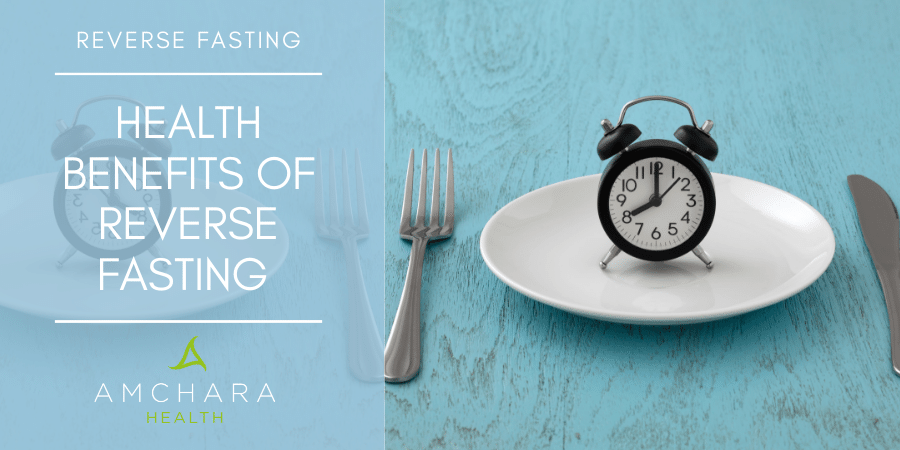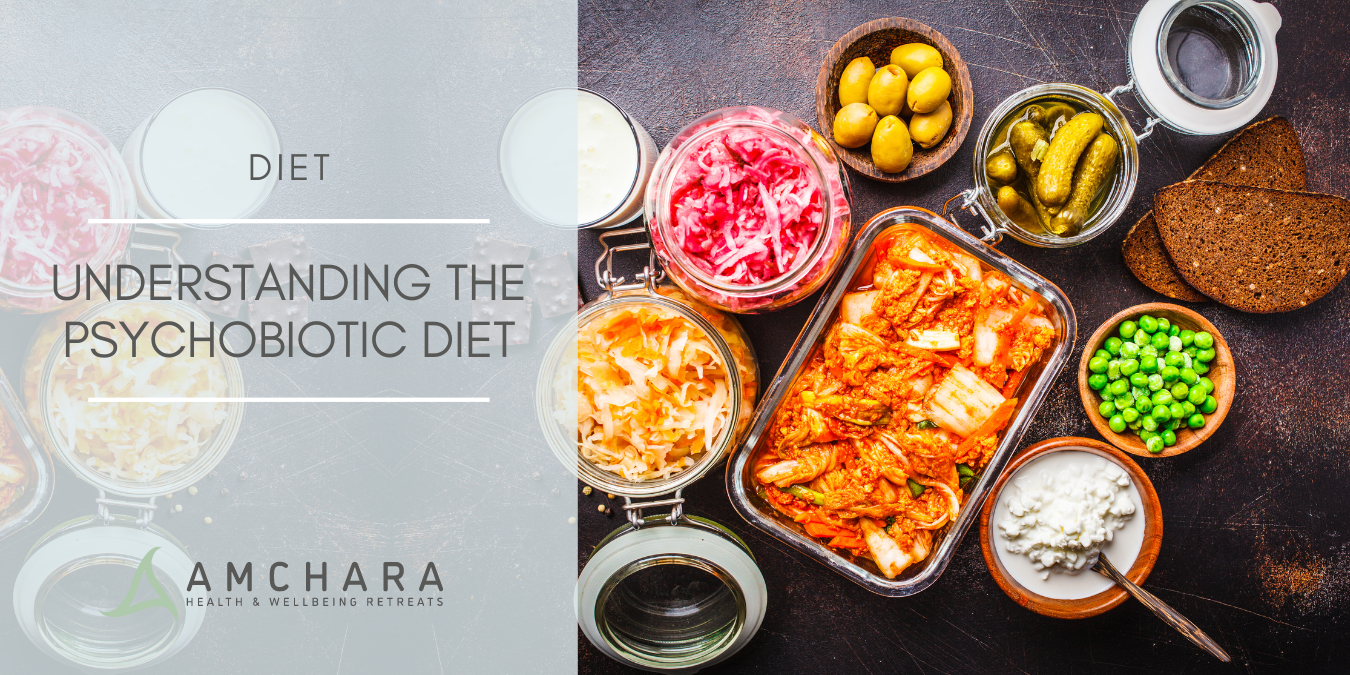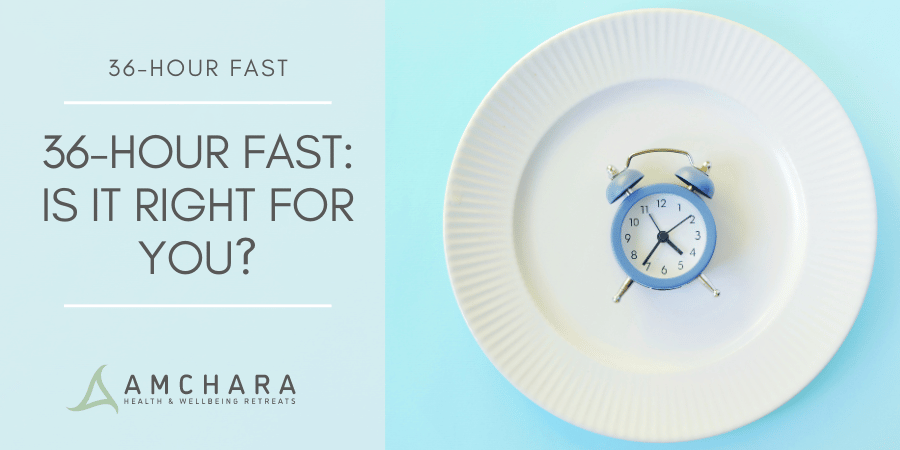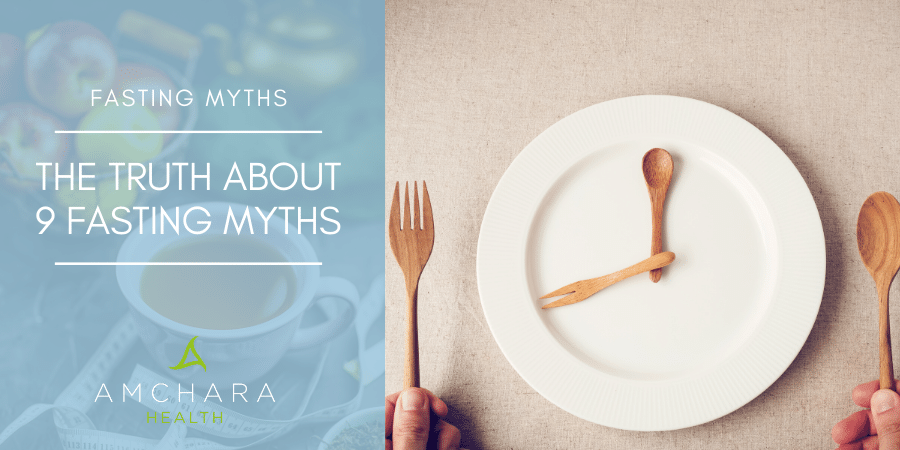Hardly a day goes by without the benefits of fasting making the news.
Fasting is now recognised for its ability to benefit blood sugar control, cellular repair, cardiovascular health and inflammation.
We always take an evidence-based approahc – in this article we’ll introduce reverse fasting and explore how timing your fast can have specific advantages for your health.
Time-Restricted Eating
Strictly speaking, fasting involves going without any form of food for a certain time period.
Recently, fasts involving time-restricted eating have become popular.
One such eating plan is the 16:8 diet, whose name refers to the time window during which food is eaten.
In this case, no food is taken in for 16 hours – the fasting period – with the eating window confined to 8 hours.
In practice, the exact time of the eating window isn’t specified, but a popular choice is to skip breakfast, first eat around 11am and have an evening meal at around 7pm.
Many people have found time-restricted eating can lead to weight loss, improved insulin sensitivity, better sleep and reduced cholesterol levels.
Your Circadian Rhythm
Science has discovered every single one of our body’s cells has its own body clock, known as its circadian rhythm, controlled by daylight.
Certain body processes like digestion take a back seat when the sun goes down, whereas others become more active, such as DNA repair and renewal.
If we eat during the hours of darkness, digestion will be slower.
Our bodies are less sensitive to insulin after it becomes dark, which means we are less able to control our blood sugar if we eat (1).
Encouraging digestion by eating at night inhibits autophagy, the body’s natural cellular repair process.
After the sun comes up in the morning, the brain perceives the light and produces various hormones to reset the body clock (2).
Digestion becomes active once more, meaning it’s appropriate to eat.
The above makes sense when you think about how we have evolved – before the invention of artificial light we were programmed to eat before the sun went down.
Disruptions to the circadian rhythm can have profound health effects.
For example, shift workers have been found to be linked to increased incidence of cancer (3).
Reverse Fasting
This is often called early time-restricted eating.
Simply put, breakfast is eaten early in the day and dinner is taken early or skipped completely.
In this way the fast starts around 5-6pm, and no food is taken for between 13 and 16 hours.
It’s thought this is superior to eating later in the day because it allows the circadian rhythm to become aligned with eating.
Benefits of Reverse Fasting
The benefits of early time-restricted eating have been demonstrated by several studies.
One study gave exactly the same amount and type of food to two groups of volunteers for five weeks.
The only difference was one group ate earlier in the day, with dinner before 3pm, and the other group ate later.
The group who ate earlier had improved insulin sensitivity and immune system function, as well as reduced blood pressure, appetite and even oxidative stress (4).
Another study looked at survivors of breast cancer and discovered fasting for 13 hours or longer at any time of the day was associated with a significantly reduced risk of the cancer recurring.
However, having the last meal of the day in the evening prior to 8pm was related to a 36% decreased risk of recurrence of their breast cancer – and participants lost more weight.
On the other hand, eating after 8pm, even if it was followed by a 13 hour fast, was linked to higher BMI and increased inflammatory markers, with later eating tending to lose the association with the beneficial effects of time-restricted eating (5).
Reverse Fasting in Practice
Leaving a 13 hour window between dinner and breakfast is simple to fit into any routine.
For example, if you eat breakfast at 7am, you would eat dinner no later than 6pm.
You can always increase the window to 16 hours on a couple of days per week.
Between your meals during the fasting period, you can drink water but should consume nothing else.
Your breakfast will then literally be breaking your fast, so it makes sense to make sure it’s low in sugar and full of healthy unprocessed foods.
Wonderful Sunlight
An extension to reverse fasting, called the sun cycle diet, takes early time-restricted eating one step further and recommends getting direct sunlight on your skin each morning.
Exposure to morning sunlight is thought to harmonise your circadian rhythm and in so doing encourage better sleep.
Ideally aim to have 30 minutes outside within a couple of hours of waking.
However, experts believe as little as just five minutes outside brings benefits.
Better still, combine some kind of exercise with your sun exposure.
You could take the dog out or walk part of your journey to work.
In the UK, sunshine is scarce in winter, and even in the summer it may not be practical for you to be outside.
If so, you could always invest in a full spectrum light box, which replicates sunshine by emitting all colours in the electromagnetic spectrum.
Whichever way you do it, ideally you need exposure to sunshine before 10am.
Eat and Sleep in Harmony
In tandem with aligning eating to your circadian rhythm, the sun cycle diet suggests harmonising your sleep with your eating pattern.
This means going to bed between 9pm and 11pm and rising between 5am and 7am.
Even if you are a night owl, after a period of adjustment this will feel like second nature to you, as it’s believed as humans most of us have very similar circadian rhythms.
Make sure you’re achieving seven hours sleep as an absolute minimum.
If you have trouble attaining this, have a look at our top tips for improving sleep.
Takeaway
In today’s world, many of us have become disconnected from our natural body clock.
As science discovers more about the importance of when to eat, simple changes to your eating schedule can have profound effects on your health.
If you would like to explore in greater detail how eating in alignment with your body clock can help you achieve your health goals, Amchara offers personalised 360° health consultations with our experienced Personalised Health practitioners.
We’re dedicated to providing you with both insightful information and evidence-based content, all orientated towards the Personalised Health approach.
Did you find this article useful?
We’d love to know your thoughts.
Have you tried reverse fasting?
With your comments let’s continue the conversation.
READ THIS NEXT:




